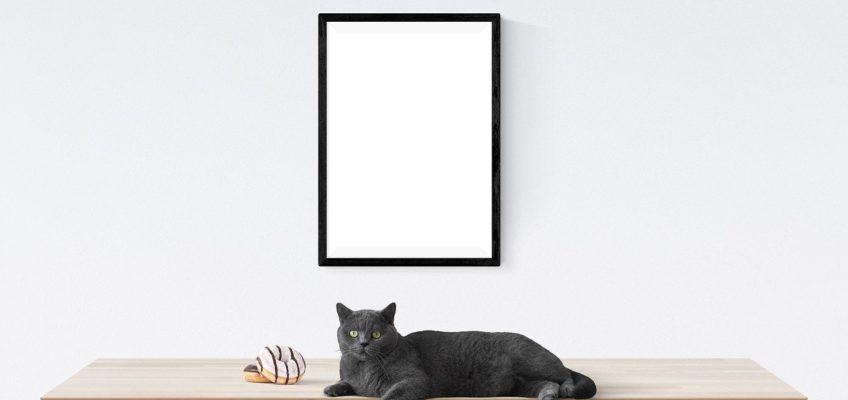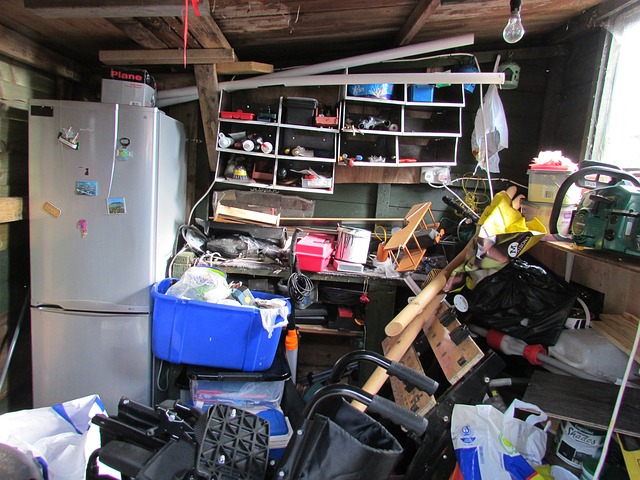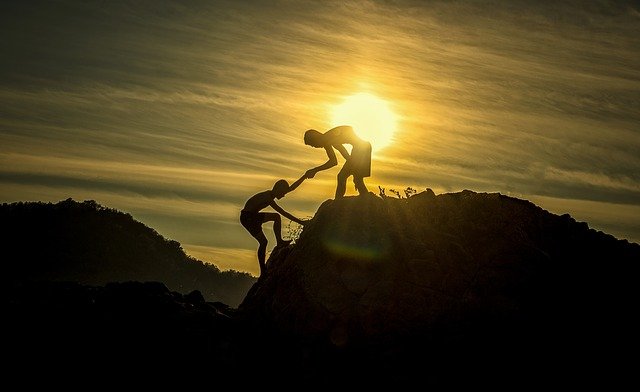There was an insightful article written a few years ago in The New York Times called "But Will it Make You Happy?," which looked at the effects of buying things on your state of happiness.
Materialism
When you start spending all your hard-earned cash on "stuff" that you don't necessarily need, you can find yourself in a dangerous downward spiral.
Of course, everyone likes nice things and treating themselves occasionally. But what happens when go from buying yourself a one-time luxury to letting your purchases get out of hand?
Here are four potential negative effects of this kind of consumerism:
1. One-upmanship
It's easy to get caught up in having to have the latest tech gadget, designer outfit, or remodeled kitchen. If all your co-workers have the iPhone 6 and you're still using an iPhone 3 (or worse yet, a flip phone), you may start to feel pressure to keep up with the Joneses.
So often you'll see people plucking down their credit cards for luxuries they really don't need in order to feel special or ahead of the crowd. It's one thing if you have an unlimited supply of money, but of course most of us don't.
2. Debt
If you start going down the path of having to buy more and more stuff, you'll definitely start to notice it in your bank account. The use of credit cards and smart phone pay technology makes it so easy to get carried away with frivolous spending.
Once your debt snowball starts rolling downhill, the proverbial financial avalanche is sure to follow. With credit card interest rates well above savings rates, you can easily get in way over your head.
This downward spiral can take years, or for some poor folks, a lifetime to overcome this kind of consumer debt.
3. Clutter
In addition to creating mounds of unwanted debt, your purchases can also end up creating loads of unwanted clutter. Before you know it, your garage or basement is full of old vacuum cleaners, kitchen appliances, and furniture. You might even start to become a...Hoarder (gasp!).
4. Stress
What is the end result of this materialism? Your desire to get and keep all this stuff will cause physical, mental, and emotional stress. What started as a way to make you happy has now turned into a debilitating condition.
How to Downsize
So how can you keep this from happening to you? One of the best ways to live a relatively stress-free and happy life is to create "financial freedom" by downsizing. What good is having a brand new luxury automobile if you're going to sweat the car payment every month. At the end of the day, it's amazing how little "stuff" you actually need to be truly satisfied.
Here are three ways to downsize yourself to a happier existence:
1. Pay Off Debt
The first priority should be to reduce, or even better, completely pay off any high-interest credit card debt. Challenge yourself to eat in more, take public transportation more, and refrain from having to buy every new trendy gadget that comes on the market. You'll be surprised how good you'll feel about being more thrifty and saving your money, but it does takes discipline.
2. Change Your Priorities
A great example from the NY Times article talked about a couple that chose a home because it was close to hiking trails rather than one that had new kitchen floors. The homebuyers could life a healthier lifestyle in addition to saving money:
“When Ed Diener, a psychology professor at the University of Illinois and a former president of the International Positive Psychology Association — which promotes the study of what lets people lead fulfilling lives — was house-hunting with his wife, they saw several homes with features they liked.
But unlike couples who choose a house because of its open floor plan, fancy kitchens, great light, or spacious bedrooms, Professor Diener arrived at his decision after considering hedonic-adaptation research.
One home was close to hiking trails, making going hiking very easy,” he said in an e-mail. “Thinking about the research, I argued that the hiking trails could be a factor contributing to our happiness, and we should worry less about things like how pretty the kitchen floor is or whether the sinks are fancy. We bought the home near the hiking trail and it has been great, and we haven’t tired of this feature because we take a walk four or five days a week.”
3. Focus on Experiences
Experiencify tries to inspire folks to focus on experiences over material items, and that's the whole point of the NY Times article as well.
With money saved from buying things, you can focus on travel and bonding with friends and family. You may find that you also have more time for volunteering, exercising, and staying in shape.
If you shift your mindset (and pocketbook) from buying material goods to focusing on experiences, you'll give yourself an opportunity for a life of adventure and happiness.




